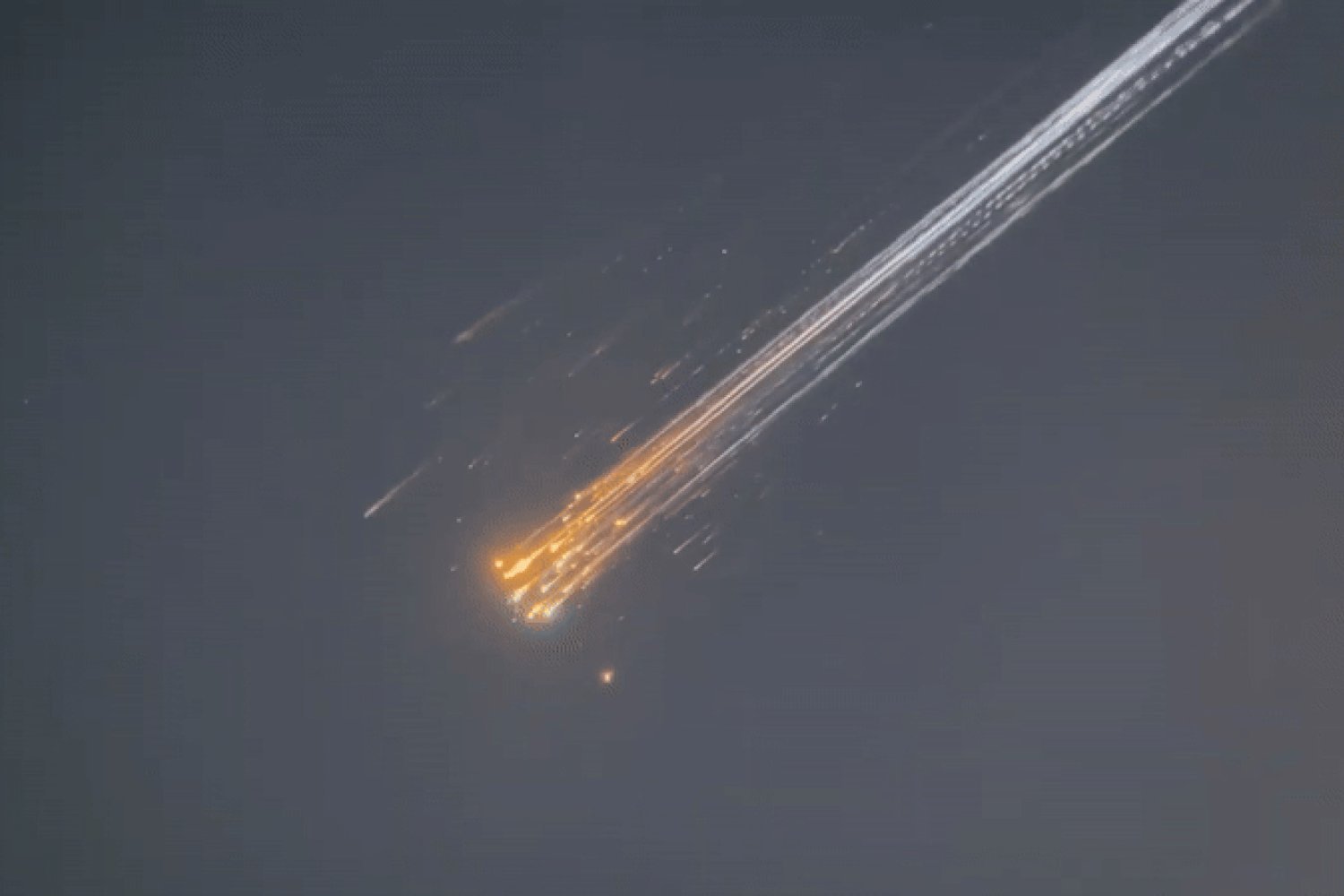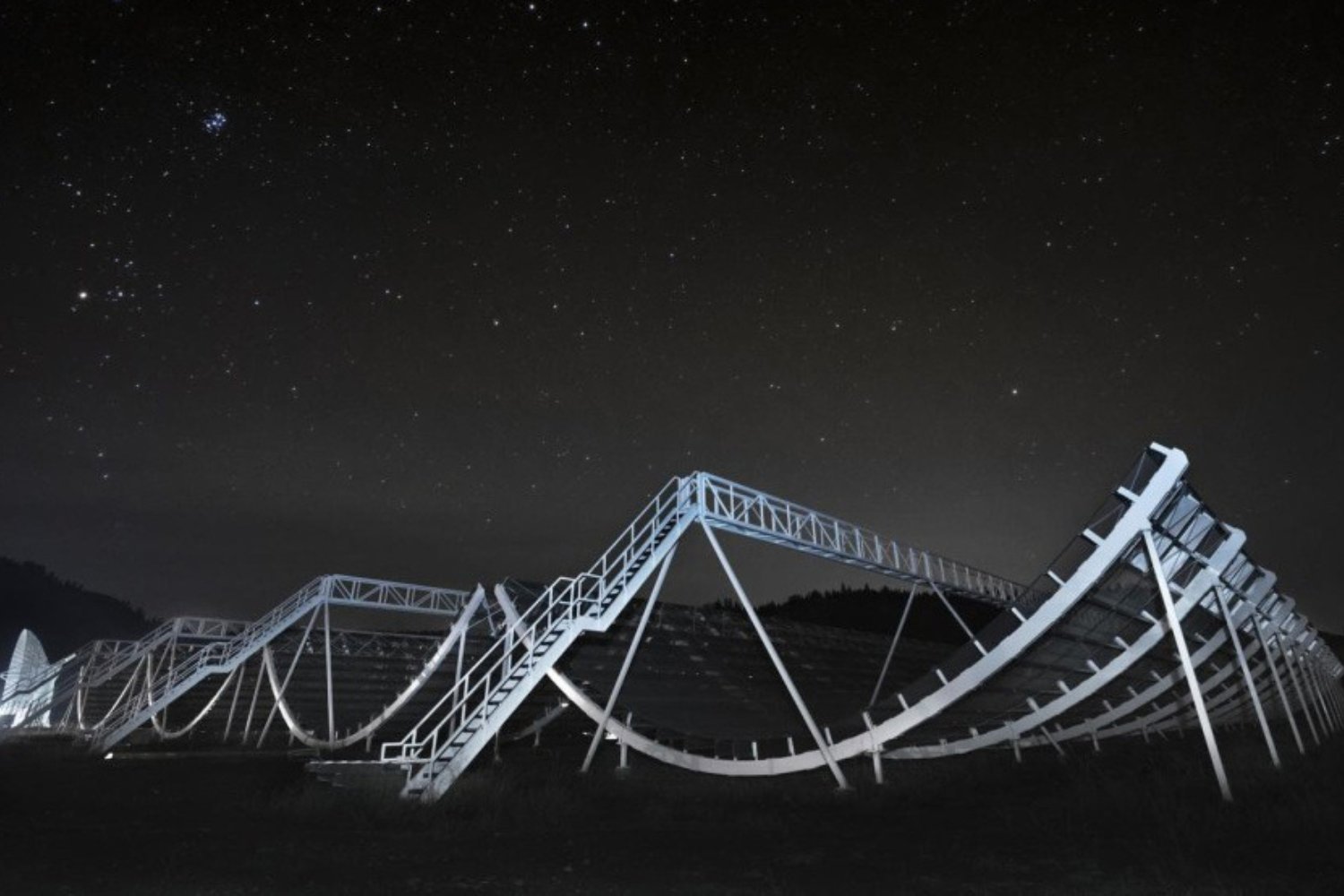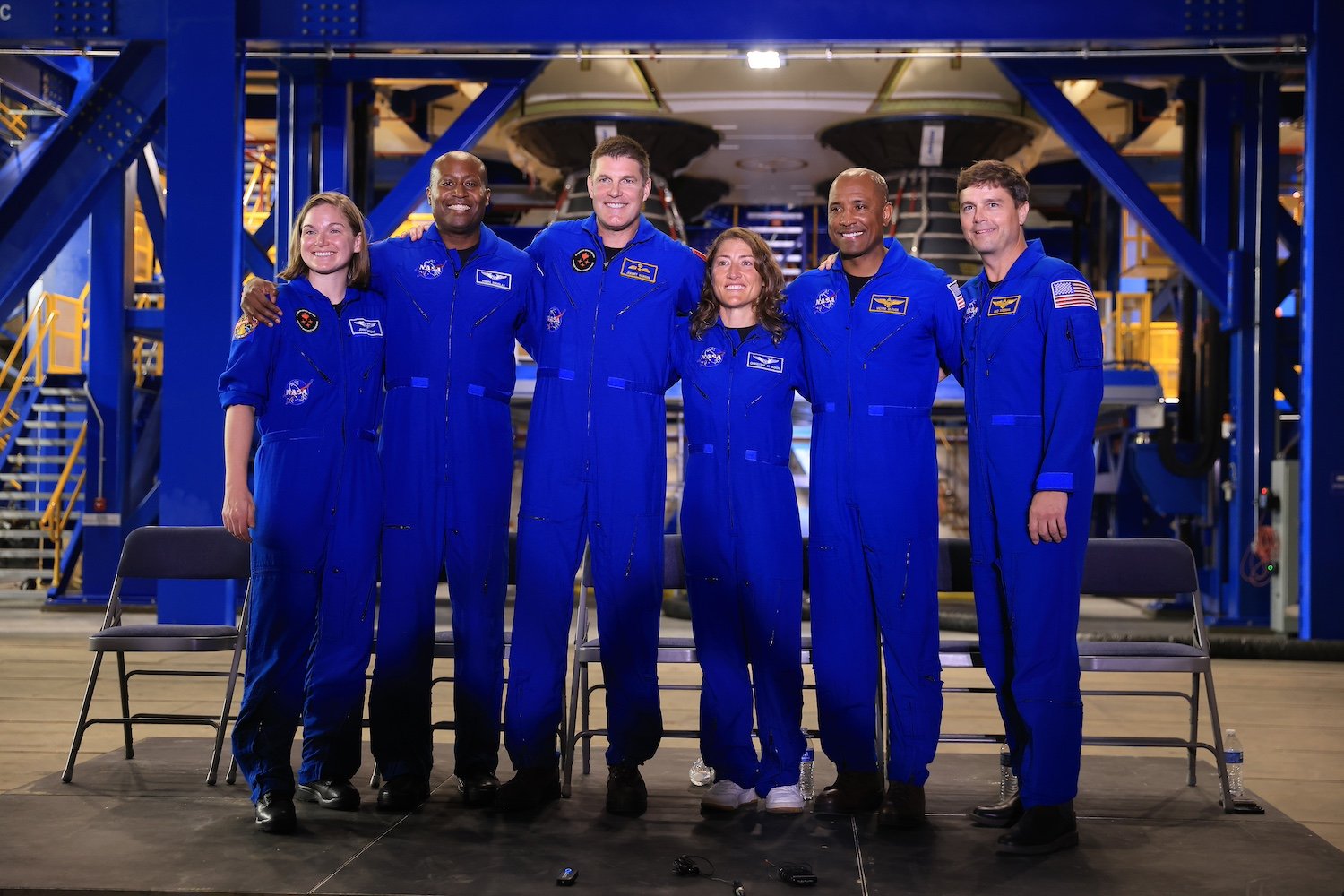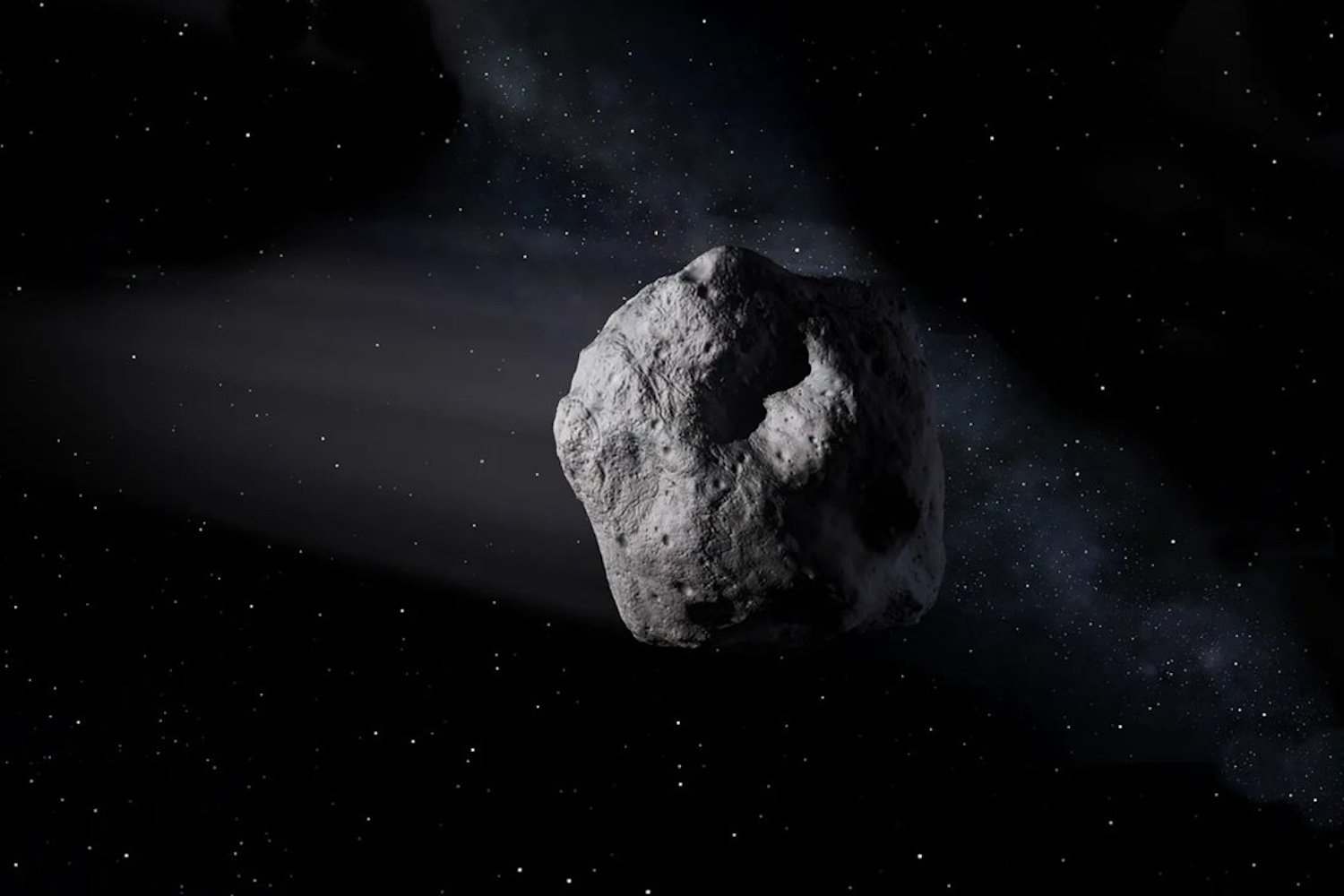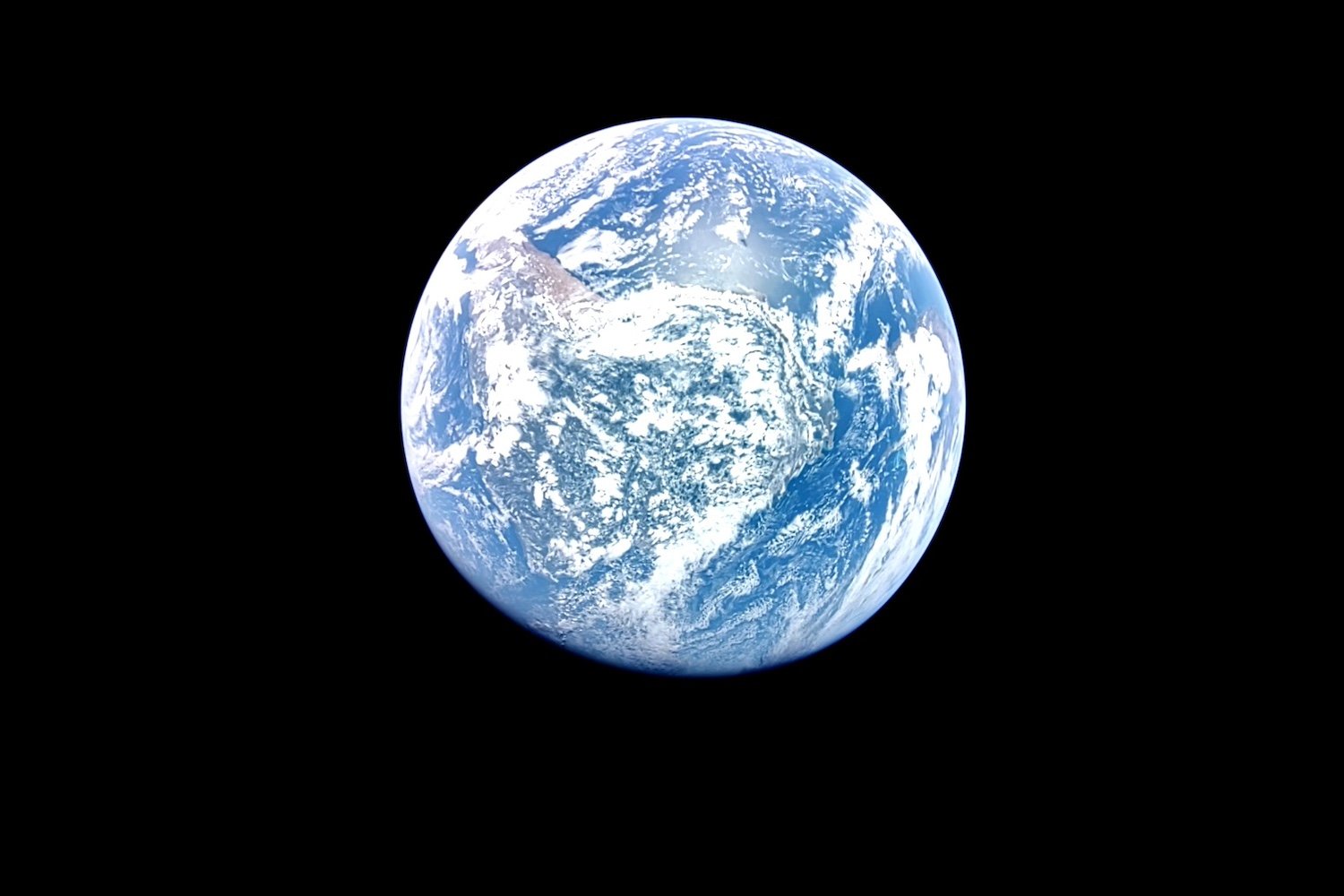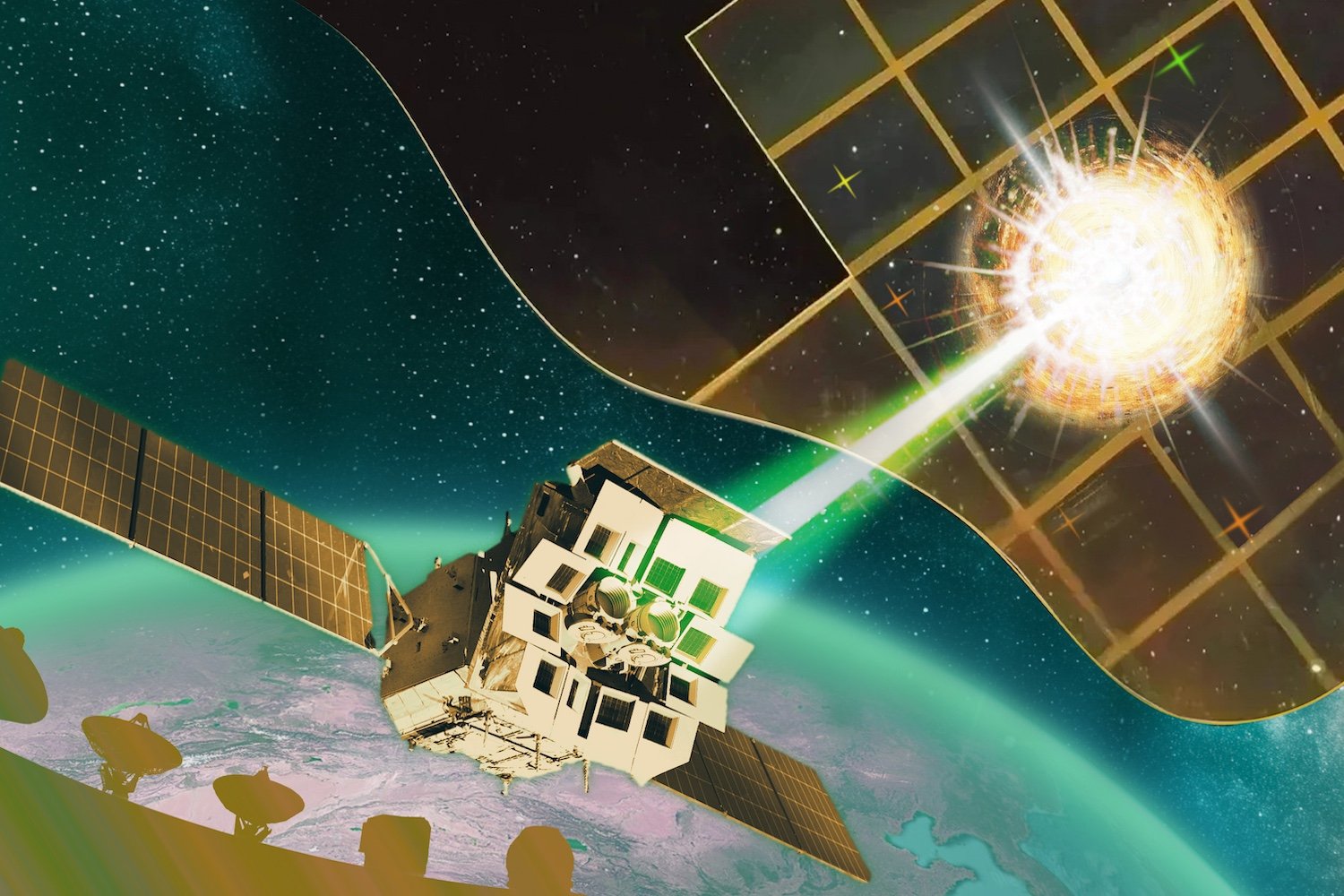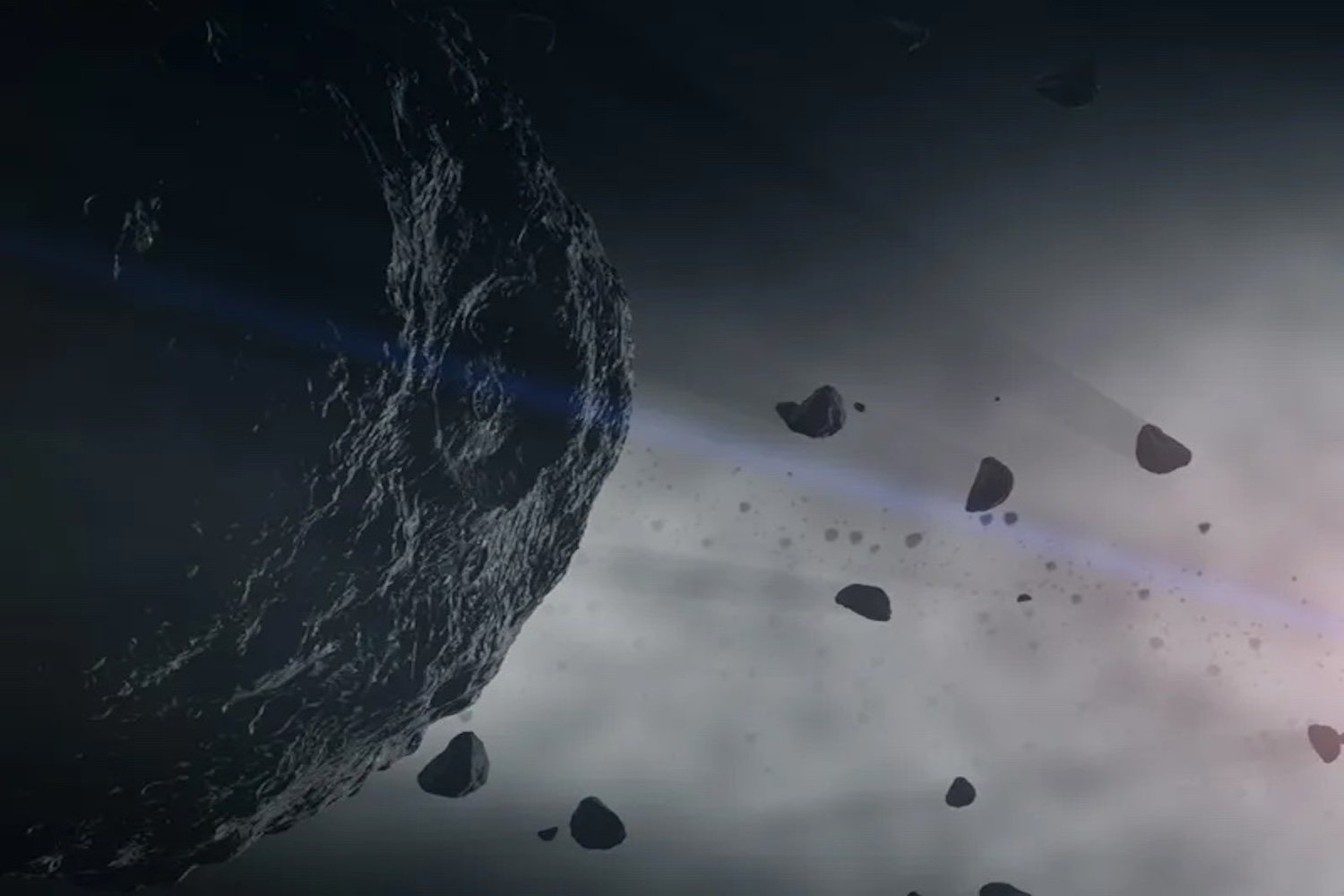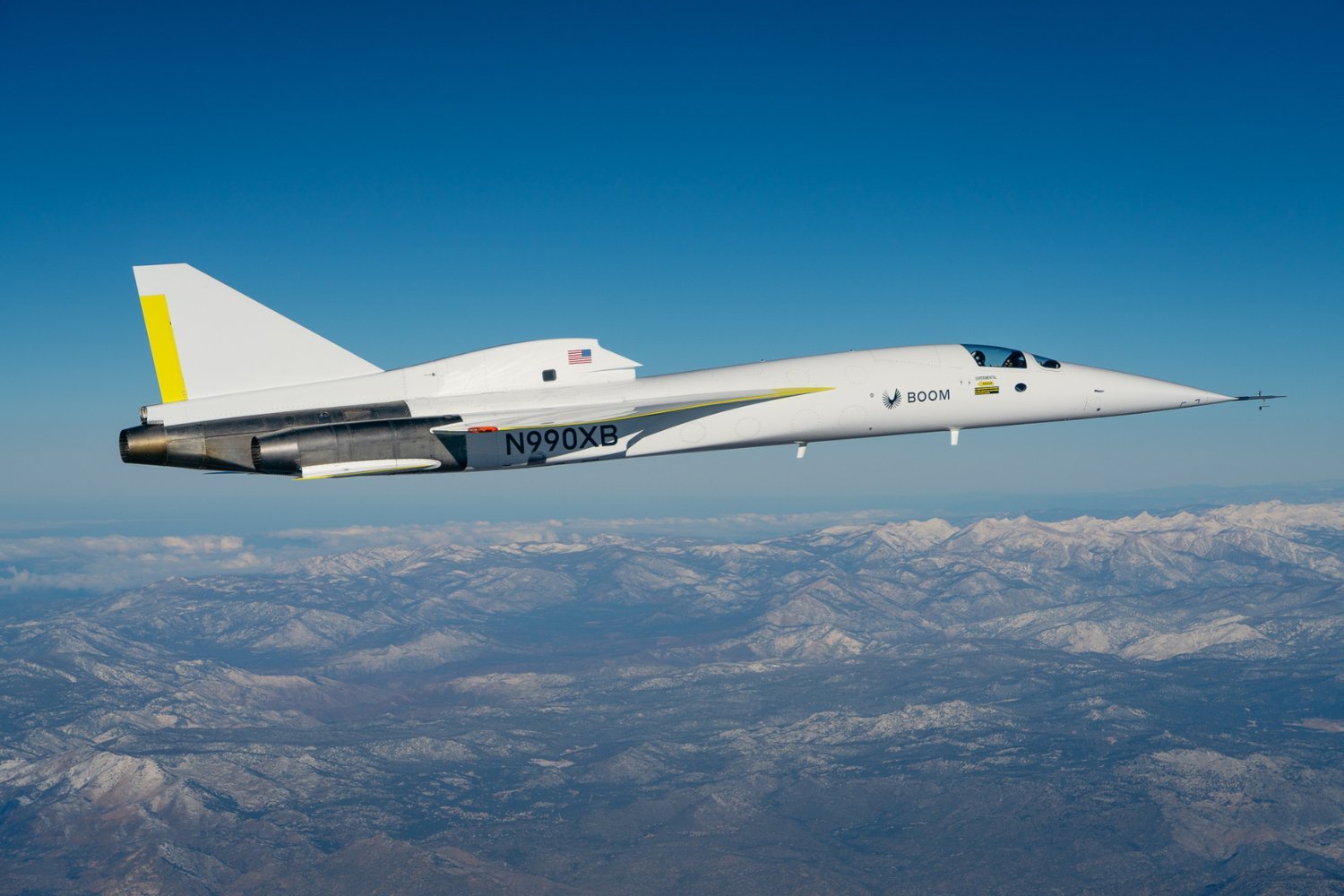Following the dramatic explosion of SpaceX’s Starship megarocket during a test flight, the company is facing an investigation into reports of property damage and debris washing ashore in Turks and Caicos. The incident, which occurred less than a week ago, has halted further Starship tests and raised concerns about the safety and environmental impact of the ambitious launch vehicle program.
The Federal Aviation Administration (FAA) has mandated a mishap investigation to determine the root cause of the upper stage’s disintegration. This investigation is crucial for SpaceX to resume test flights and continue development of Starship, a fully reusable, super heavy-lift launch vehicle designed to revolutionize space travel. The FAA is also working with SpaceX to verify claims of public property damage in Turks and Caicos resulting from the falling debris. This collaboration aims to assess the extent of the damage and ensure appropriate mitigation measures are taken.
On January 16, Starship embarked on its seventh test flight from the Boca Chica launch site. While the booster stage was successfully retrieved by the Mechazilla tower, the upper stage experienced a “rapid unscheduled disassembly”—an explosion that scattered debris across the Atlantic Ocean. This incident triggered the FAA to activate a Debris Response Area, impacting air traffic as some aircraft were rerouted or delayed due to low fuel while avoiding the debris field.
The activation of a Debris Response Area indicates that debris landed outside the designated hazard zone, contradicting SpaceX’s statement that any remaining debris would fall within that area. Despite no reported injuries, social media posts show what appears to be Starship debris, primarily heat shield tiles, washing up on the shores of Turks and Caicos. SpaceX has cautioned the public against handling or retrieving any suspected debris.
The Turks and Caicos National Security Secretariat has reported minimal property damage. While not aware of specific risks related to the debris re-entry, the Secretariat acknowledged that space objects may contain hazardous materials. The public has been advised to report, not touch, any discovered debris.
Starship test flights are currently on hold pending the outcome of the FAA investigation. The FAA’s approval for SpaceX to resume testing depends on confirming that the mishap’s cause doesn’t pose a risk to public safety. This incident further strains the relationship between SpaceX and regulatory bodies, with SpaceX CEO Elon Musk previously expressing frustration over regulatory hurdles impacting the company’s progress.
This investigation is critical not only for SpaceX’s ambitious Starship program, but also for the future of commercial space travel. The findings will undoubtedly shape safety protocols and regulations, influencing the trajectory of this rapidly evolving industry. Until the investigation concludes, Starship remains grounded, its next launch uncertain.



